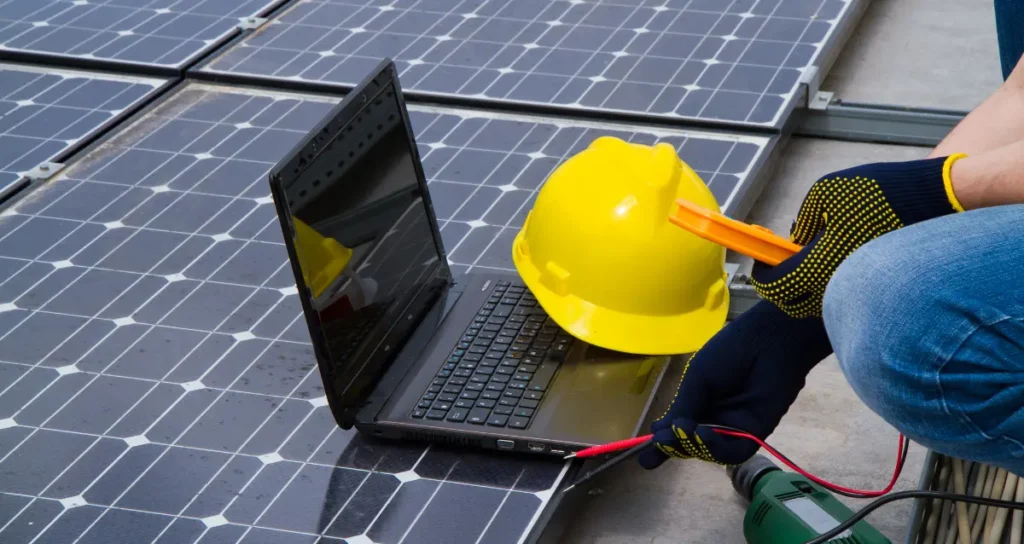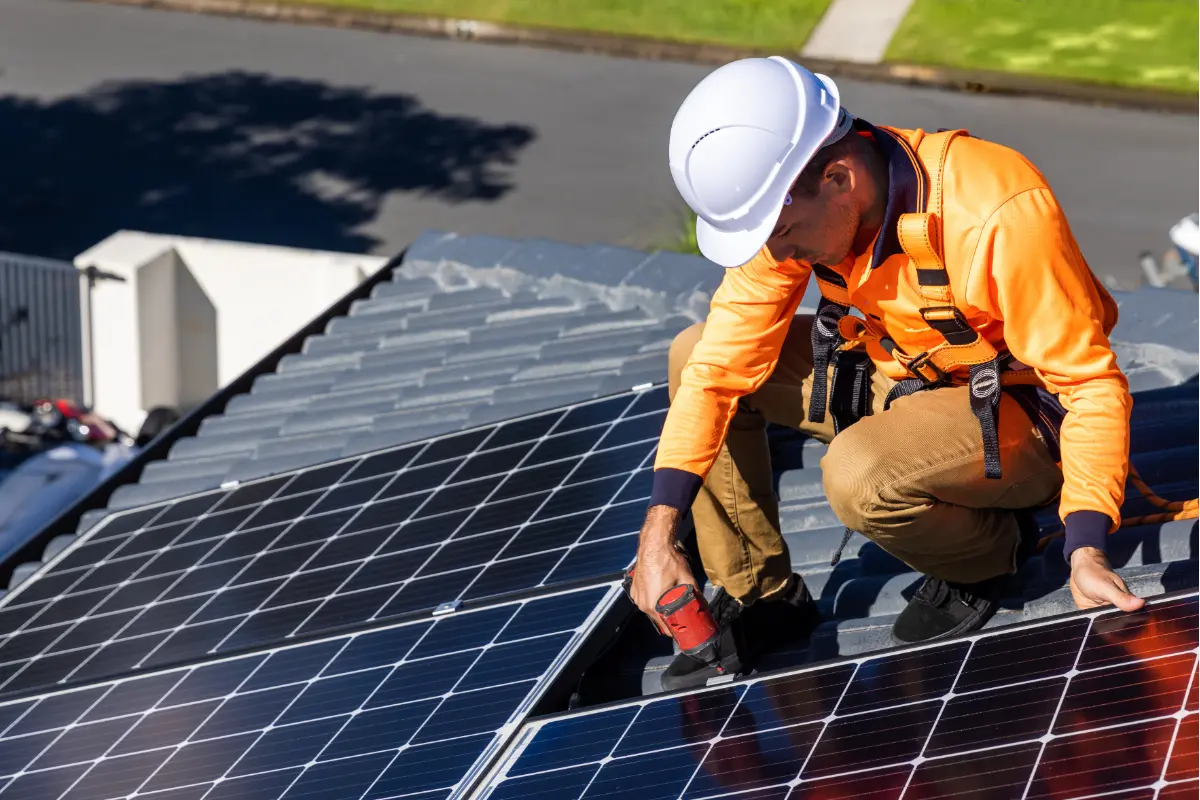Top Questions to Ask Solar Companies Before Installation
Solar energy has become increasingly popular as homeowners seek environmentally friendly ways to reduce energy costs. Installing solar panels is a significant investment, and understanding all aspects of the process is crucial before committing.
We will explore essential questions to ask solar companies before installing. Addressing these key areas will help ensure that your solar energy system fits your needs and goals while clarifying any potential long-term impacts of the decision.
What Is the Total Cost of Installation?
Before committing to any solar project, one of the most fundamental questions to ask is about the total cost of installation. Solar panel costs can vary depending on several factors, such as the size of the system, the type of panels used, labor, and any additional hardware needed, like inverters and mounting equipment.
While some companies may offer financing options, it’s essential to understand the full cost upfront clearly. Ask for a comprehensive breakdown of the total price, including hidden fees, to avoid surprises later. You should also inquire about any incentives, rebates, or tax credits that can reduce the overall cost of the system. Understanding the cost structure will help you compare different solar companies effectively and determine which offer fits your budget and needs the most.
Additionally, some solar companies may charge extra to remove obstacles like tree branches or upgrade your electrical system to accommodate the new solar setup. These auxiliary costs can quickly add up, so getting an accurate estimate of all charges is important. Considering these details will give you a more realistic idea of the financial commitment for your home solar installation. Once understood clearly, the total cost becomes a critical factor in deciding whether solar is the right fit for your household.
What Type of Solar Panels Will Be Installed?
The type of solar panels a company installs can significantly impact your overall energy production, system efficiency, and the longevity of your solar system. Different types of solar panels are available, including monocrystalline, polycrystalline, and thin-film panels, each with pros and cons.
Monocrystalline panels are known for higher efficiency but often come at a higher price point. Polycrystalline panels, on the other hand, are generally more affordable but may produce slightly less energy. Thin-film panels offer installation flexibility but usually have a lower energy output than crystalline panels.
In addition to understanding which type of panel will be installed, ask North Valley Solar Power about the brand and quality of their solar panels. High-quality panels will have longer lifespans and perform better over time, making them a worthwhile investment.
Be sure to ask about the warranty for the panels as well—how long they last, what’s covered, and what is required for maintenance to keep the warranty valid. Understanding the technical specifications of the solar panels and their expected performance in your particular region or climate will help you make an informed choice about your solar system.

How Does the Solar System Connect to the Grid?
Most residential solar systems are connected to the local power grid, allowing homeowners to consume energy from their solar panels and draw electricity from the grid when solar power is insufficient (such as during nighttime).
Understanding how your solar system will interact with the grid is important, especially for net metering. Net metering policies allow homeowners to sell excess energy produced by their solar panels back to the grid, which can reduce or even eliminate monthly electricity bills. However, net metering regulations vary by state and by utility company.
When asking about grid connection, also inquire whether the system can store energy in batteries. Battery storage enables homeowners to save excess solar power for later use, which can be particularly beneficial during power outages or when the panels produce less energy.
While adding battery storage may increase the overall installation cost, it can provide additional peace of mind and energy independence. Make sure the solar company clearly explains how the system connects to your local grid and what options you have for maximizing energy efficiency through net metering and storage solutions.
Conclusion
Installing solar panels is a significant decision that can have long-lasting benefits for your home and the environment. By asking the right questions before installation, you’ll be better prepared to choose a solar company that fits your needs.
We have explored the key areas you should focus on, including costs, panel types, grid connection, and available incentives. Taking the time to clarify these aspects will ensure you make a well-informed investment in solar energy that provides financial and environmental returns for years.







